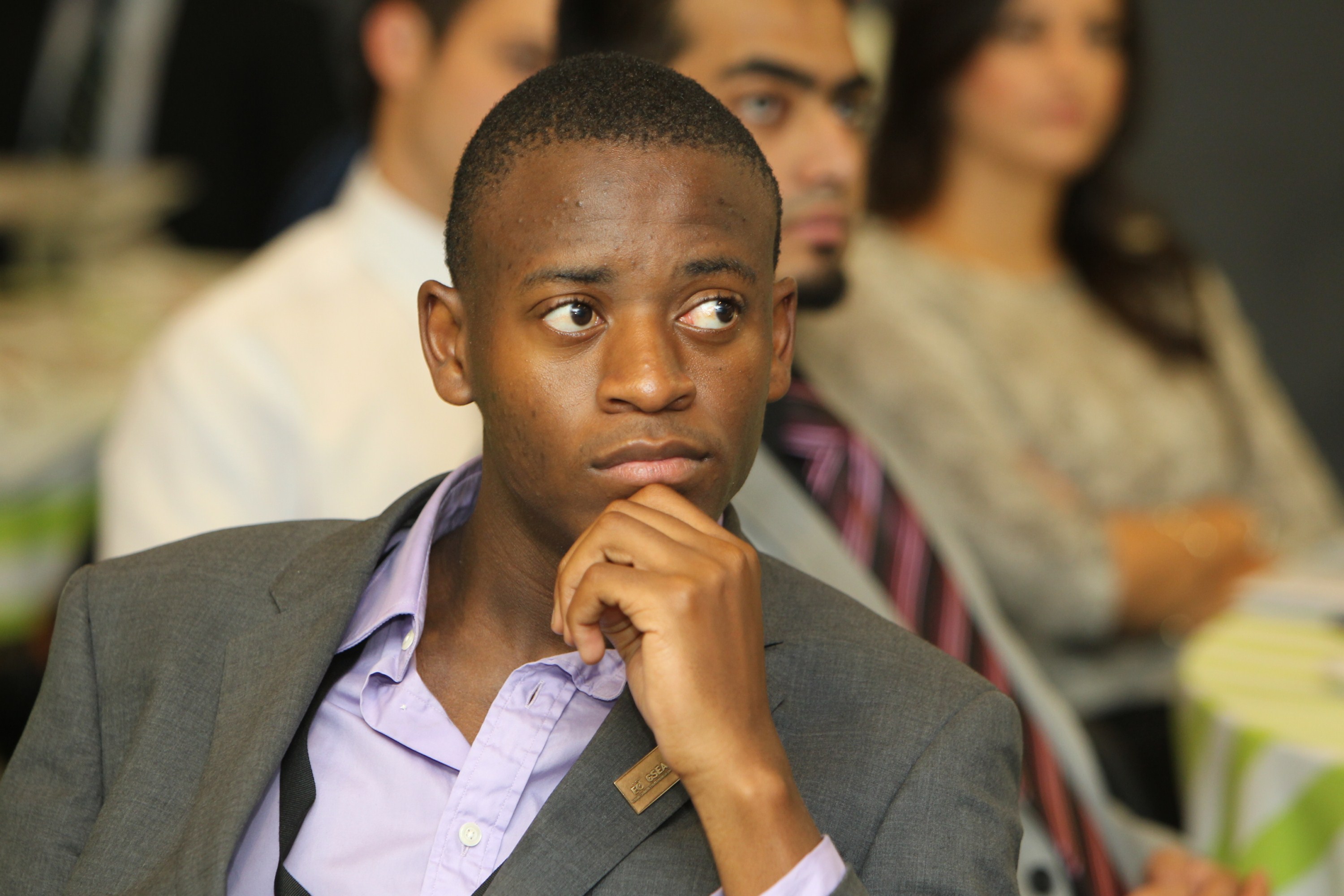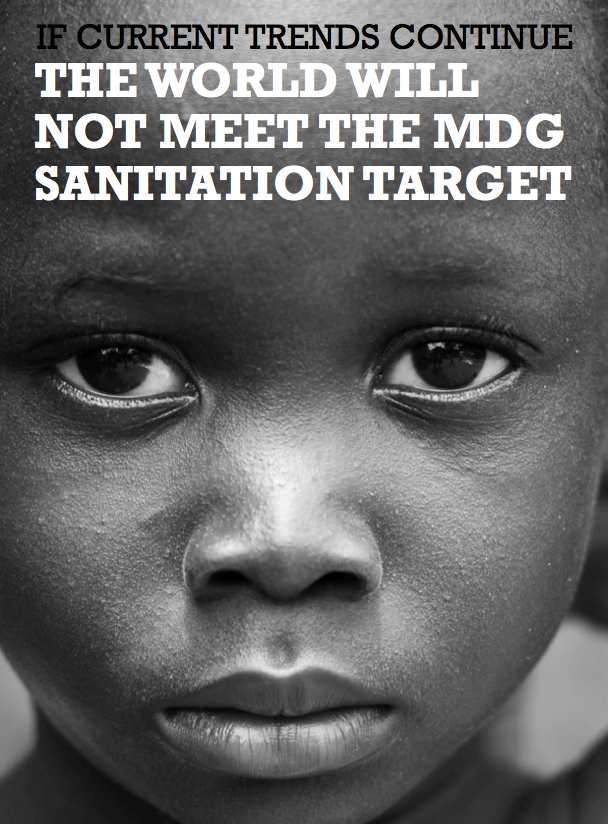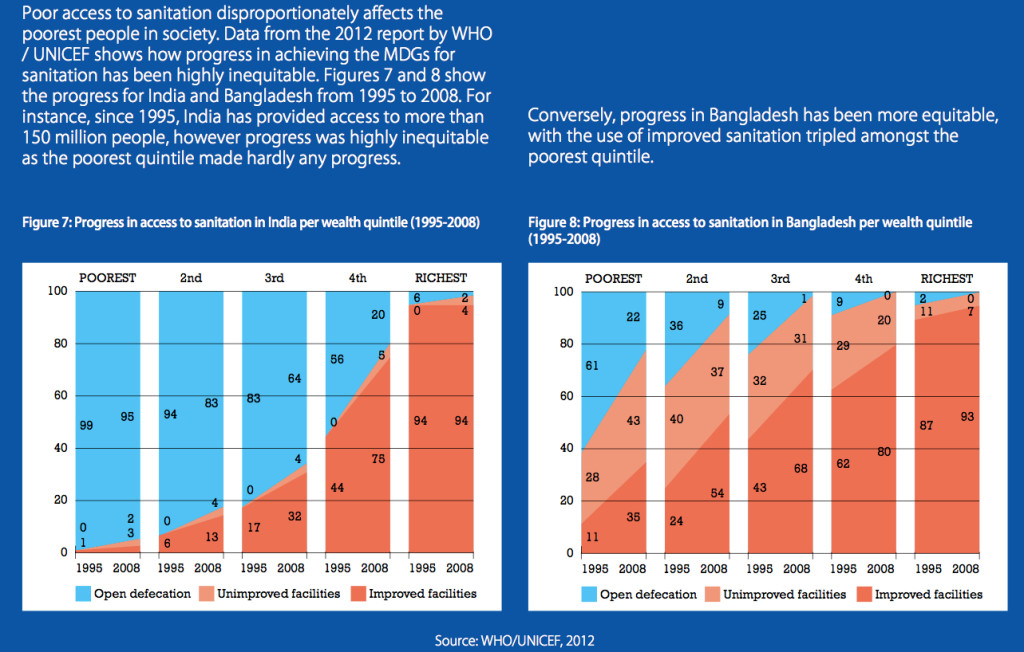
22 y/o inventor/entrepreneur Ludwick Marishane has created DryBath, a gel-based solution that allows you to take a bath without water.
Growing up in a country with enormous dichotomies in its infrastructure access, South African innovator and entrepreneur, Ludwick Marishane was seeking to solve the sanitation and hygiene problem that he saw taking over his country. The 21 y/o Cape Town Native and founder of HeadBoy Industries came up with a product called DryBath, that gives people the chance to take a bath without water.
In this interview, Ludwick talks about how he came up with the idea:
The idea came to me in the 11th grade in 2007. It was a cold winter’s day; I was sunbathing with some friends of mine, when one of my best friends had to go bathe. After we nagged him to hit the shower, he eventually said, “why doesn’t someone invent something you can just put on your skin and avoid the need to bathe?”
A light bulb went on as I realized that I would be willing to pay money out of my pocket to buy such a product. Bear in mind that we were in the middle of the rural Limpopo province, with almost non-existent resources. I went home that day and used my web-enabled basic cellphone to research if such a product existed. My research showed that the product didn’t seem to exist, and there was a huge market of 2.5 billion people in the world without proper access to water who were in dire need of such a product (that number doesn’t include the billion more like my friend, who were lazy to bathe). Coming from a poor background myself, I felt compelled to create the product. It took 6 months and endless time on Google & Wikipedia to do it.
And here’s a great TEDtalk that he gave recently:
Invest in his indiegogo project here; Follow Ludwick Marishane on twitter at @theheadboy.






